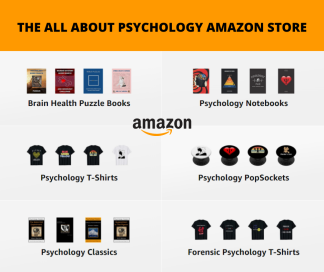Books for psychology students and curious minds
Cognitivism Learning Theory
by Juelz Barnes
How does cognitivism learning theory explain the role of mental processes such as perception, memory, and problem-solving in learning?
Comments for Cognitivism Learning Theory
|
||
|
||


